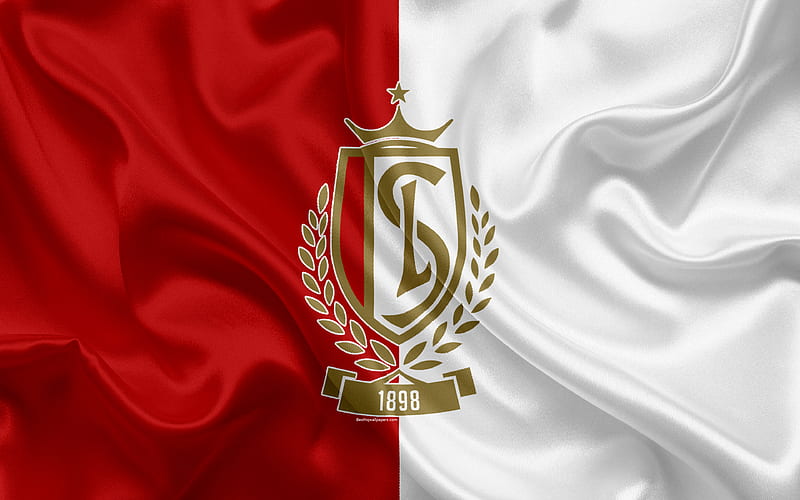Beyond victories and defeats, Standard Liege FC holds a profound cultural significance within Liege and the broader Belgian society. Its passionate fan base, deep-rooted traditions, and social impact highlight how the club functions as a living symbol of community and identity. Exploring this dimension reveals why Standard is much more than just a football team.
The Soul of Sclessin: Unique Standard Liege FC
At the heart of Standard Liege FC’s cultural resonance lies the iconic Stade Maurice Dufrasne—popularly known as Sclessin. More than just bricks and seats, this stadium is a cauldron of noise, color, and emotion that embodies the club’s spirit SHBET.
On matchdays, Sclessin transforms into a theater of dreams and drama. Fans gather hours before kickoff, creating a carnival-like atmosphere filled with chants, flares, and banners. The famous “Hell of Sclessin” reputation stems from the intense support that can intimidate opponents and inspire the home team.
What sets this atmosphere apart is its authenticity—it arises organically from a loyal fan base deeply invested in the club’s fortunes. Every song sung and every flag waved tells a story of community pride and shared history. Visiting opposition players often remark on the intimidating yet awe-inspiring environment, acknowledging the role the crowd plays as the proverbial “12th man.”
This unique ambiance turns each game into a communal event, reinforcing bonds between fans and connecting generations through shared experiences. Personal observation suggests that few venues capture the raw passion of football quite like Sclessin, making it a true fortress for Standard Liege FC.
Rivalries and Regional Pride: The Battle Beyond Football
Rivalries form a crucial part of any club’s identity, and for Standard Liege FC, none is fiercer than the enmity with RSC Anderlecht. Dubbed the “Clasico of Belgium,” this matchup transcends sports, representing regional, cultural, and even socio-economic divides.
Liege, situated in the French-speaking Wallonia region, contrasts sharply with Anderlecht’s Flemish roots in Brussels. This linguistic and cultural divide adds layers of meaning to each encounter, fueling passions on both sides. Victories in this rivalry mean more than three points—they symbolize regional pride and cultural affirmation.
Other rivalries, such as those with Club Brugge and regional neighbors RFC Liège, further intensify the club’s competitive environment. These battles are often fierce on the pitch but also celebratory off it, showcasing the vibrant diversity within Belgian football.
Analyzing these rivalries reveals how football serves as an outlet for expressing identity, history, and social tensions. For Standard Liege FC, such rivalries reinforce its role as a symbol of Walloon pride and resilience, rallying supporters around a common cause.
Community Engagement and Social Impact
Beyond the stadium, Standard Liege FC plays an important role in local communities through various outreach programs and social initiatives. The club recognizes its responsibility to give back to the city and use its platform for positive change.
Youth development is a core focus, involving not just football training but also education and personal growth. The club’s academies offer opportunities for young people from diverse backgrounds, promoting social mobility and inclusion. Many alumni credit Standard with providing a pathway to better futures, both in football and beyond.
Additionally, Standard supports charitable activities addressing issues like poverty, health, and education. Partnerships with local organizations amplify these efforts, making tangible differences in people’s lives. Initiatives such as fundraisers, educational workshops, and health awareness campaigns demonstrate the club’s commitment to social responsibility.
Such engagement fosters a reciprocal relationship between the club and the community. Fans feel proud of their club’s role off the pitch, strengthening their emotional investment and loyalty. In turn, the club benefits from a robust, supportive base that extends far beyond matchdays.
Personal reflection suggests that this community-oriented approach enriches the club’s identity, positioning it as a pillar of regional development and solidarity rather than just a sporting entity.
In sum, the cultural significance of Standard Liege FC extends deep into the fabric of Liege and beyond, encompassing passionate support, regional identity, and meaningful social impact.
